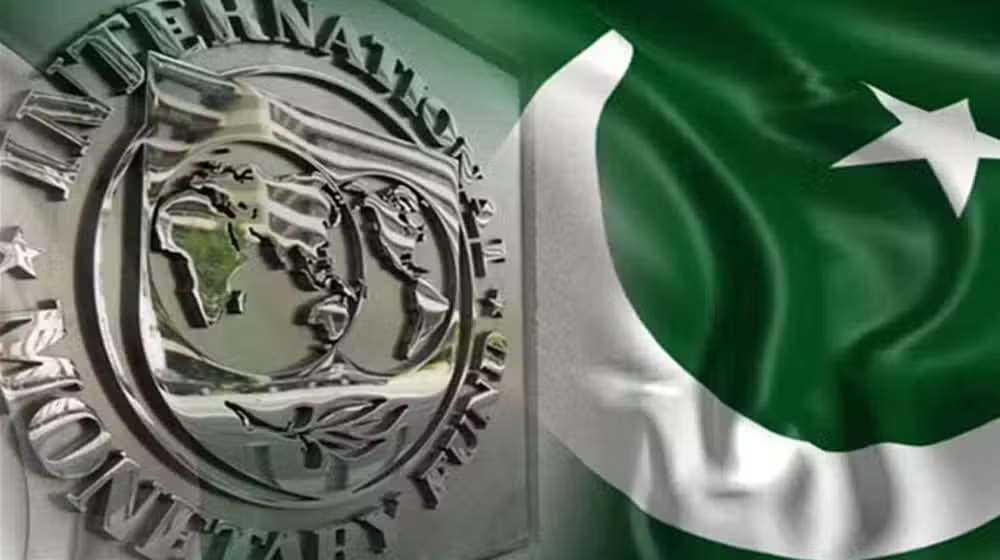OMC Sales Rise 2% YoY in July 2025 Despite 22% Monthly Decline
Pakistan’s Oil Marketing Companies (OMCs) reported total sales of 1.22 million tons in July 2025, reflecting a 2% year-on-year (YoY) increase but a significant 22% decline month-on-month (MoM). Excluding furnace oil (FO), the sales amounted to 1.21 million tons, up 8% YoY but down 16% MoM.
According to Topline Securities, the YoY growth was primarily due to improving economic activity and reduced fuel smuggling from Iran. On the other hand, the steep MoM drop was attributed to surging petroleum and diesel prices, heavy flooding in northern regions, and stockpiling activity in June in anticipation of fuel price hikes and new climate-related levies.
Product-Wise Performance:
-
Motor Spirit (MS): Sales increased by 4% YoY to 613,000 tons but declined 16% MoM.
-
High-Speed Diesel (HSD): Sales dropped 9% YoY and 18% MoM to 509,000 tons, mainly due to seasonal post-harvest demand slowdown and recent rainfall.
-
Furnace Oil (FO): Sales jumped 80% YoY but plunged 88% MoM to 15,000 tons, influenced by lower power sector demand and Petroleum Development Levy (PDL) impact.
READ MORE:
FBR Clarifies Cash Deposits into Seller’s Bank Account Are Valid for Tax Purposes
Company-Wise Highlights:
-
Attock Petroleum (APL): Recorded sales of 99,000 tons, up 3% YoY but down 23% MoM, with a market share of 7.81%.
-
Pakistan State Oil (PSO): Reported 508,000 tons in sales, showing 7% YoY growth (excluding FO: -1% MoM). Its MS and HSD market shares stood at 40.89% and 38.6%, respectively.
-
Shell Pakistan: Saw a 7% YoY decline (ex-FO down 13%) and 23% MoM drop in sales to 126,000 tons. MS share fell to 21.6% in July.
-
Total Parco (TPPL): Posted a 6% YoY and 21% MoM decrease in sales, totaling 106,000 tons.
-
Waqas Energy (WAFI): Achieved 29% YoY growth to 106,000 tons but saw a 17% MoM decrease.
-
HASCOL: Registered 45,000 tons in sales, up 16% YoY and 3% MoM.
The report underlines how external factors like global oil prices, taxation, seasonal demand, and weather events continue to shape fuel consumption patterns across Pakistan.




